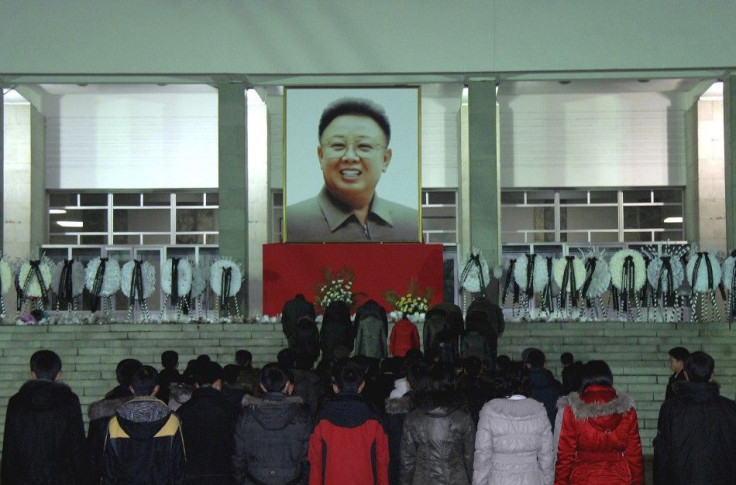Kim Jong-il Dies: Yes, There Are North Koreans in the United States

I was surprised to learn that a small community of North Korean immigrants exists in the United States.
In the wake of the death of North Korean leader Kim Jong-il over the weekend (allegedly from a heart attack), the Los Angeles Times newspaper published a feature about how North Korean expatriates in the city reflected on his passing.
According to the article North Koreans in L.A. are conflicted over Kim’s death -- that is, while they hated and feared the leader who ran an extremely repressive Communist regime, they are also sensitive to any criticism of their homeland, despite its well-documented problems.
“Kim Jong Il's name evoked too many painful memories and stirred too many intense opinions among those who fled the hermitic nation,” the Times article declared.
“To many, the deceased strongman is not only the embodiment of an oppressive regime but also an inextricable part of the homeland they're still nostalgic for and sometimes feel compelled to defend.”
One North Korean told the paper: He may have been a dictator, but I was sad thinking of Kim Jong Il the man. It is still a human being who died. I do think, politically, it's a good thing he passed. But my heart wasn't all that great.
Roberto Hong, an immigration attorney who also heads the Association of North Koreans in America, explained to the Times: It's not a simple picture. A few North Koreans here, they don't like others going around criticizing North Korea. They think that's wrong.... It is your own country.
I was unable to find exactly how many North Koreans currently reside in the U.S., however apparently they are a very recent import. Hong’s organization seems to have no website.
Reportedly, the first defector from the hermit state arrived in the U.S. in the spring of 2006; more than a year after President George W. Bush signed the North Korean Human Rights Act, which made it easier for the U.S. to provide aid to North Korean refugees.
According to another article in the LA Times from January 2008, a small group of North Korean refugees staged a rally demanding asylum rights outside a government building in Los Angeles. At that time, Attorney Hong, who was representing something called the Support Committee for North Korean Asylum Seekers, said about 70 North Koreans had applied for asylum in the U.S. since the aforementioned Human Rights Act was implemented
Thus it would appear that the North Korean community in the U.S. is extremely small and concentrated in the Los Angeles area. Ironically, with its huge South Korean immigrant community, California may be the only place in the world where North and South Koreans can freely mingle and communicate.
© Copyright IBTimes 2024. All rights reserved.











